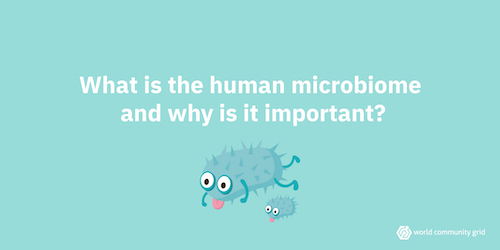In this message to volunteers, MIP researchers highlight what the acquired data has been and is being used for.

Dear World Community Grid Volunteers,
We have finished the WCG computation for the Microbiome Immunity Project a few months ago, but the research is still ongoing. The wealth of data that you have helped us to acquire is a real treasure-trove for biological discovery! With over 200,000 high-quality unique protein structures we got an unprecedented glimpse into the microbial protein universe.
What have we discovered so far? Here are some of the highlights that we can already share with you:
• We have discovered over 150 distinct new protein folds within this dataset. Folds are unique protein geometries. Identifying novel ones is difficult as many proteins, even coming from vastly different organisms, share many of the same folds.
• We have discovered new structure-to-function relationships. Through their 3D structures, proteins are the ultimate tools of cells. Their shape enables proteins to execute biological functions, such as transport of ions, binding other molecules, or breaking them down. Because of the large number of new, unique protein structures that we have computed on the WCG, researchers are able for the first time to comprehensively study and understand the relationship between structure and function.
• Using MIP data and deep learning tools, we are able to annotate protein functions in the microbiome. The microbiome is important in health, but how the microbiome impacts our health specifically, remains a mystery. Thanks to your work, we are now able to annotate up to twice as many proteins of the human gut microbiome, so that we are now closer than ever to understanding the mechanisms by which our gut microbiome impacts our health and contributes to, for example, type-1 diabetes.
Stay tuned, as we are getting close to finalizing two research papers describing those findings in more detail.
All the best,
the MIP research team